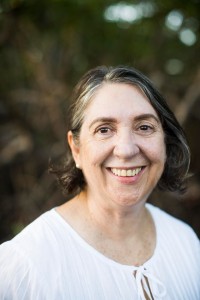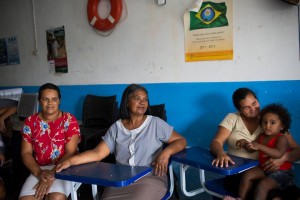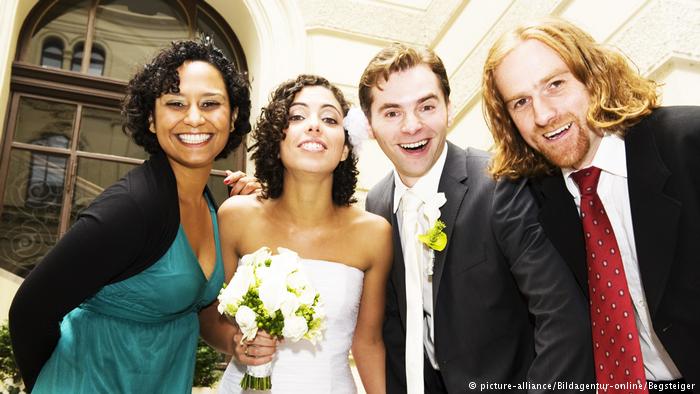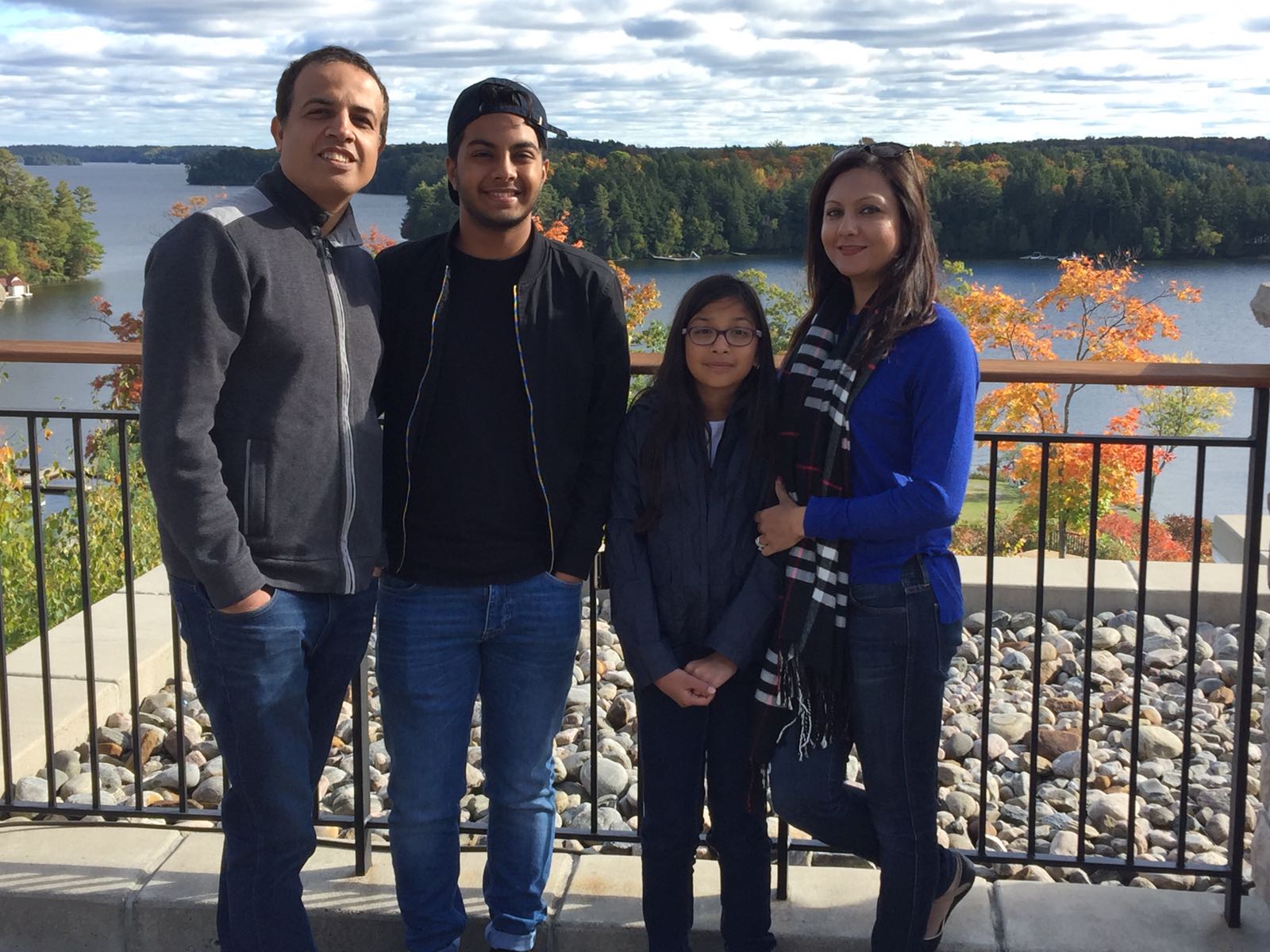Making Rights Real For Women

From artisanal fishing to working in fruit plantations nearly 100,000 women have secured gainful employment thanks to the vocational training provided under the Chapéu de Palha Mulher, a ground-breaking government initiative in Brazil. (© UN Women/ Lianne Milton)
When Maria Jose Pereira was growing up in the rural town of Escada, Brazil, her father’s tools were off limits. “Everyone in my house worked in construction. My father and brothers were all stonemasons,” Maria says. “I wanted to work with them, but they said I couldn’t because I was a woman.”
Thanks to a groundbreaking government initiative, Maria has now proven her family wrong. Not only is she a licensed stonemason, she is also a plumber and electrician.
Chapéu de Palha Mulher, which is derived from ‘straw hat’ in Portuguese, is a social inclusion program that provides professional training for women living in poor rural communities in the north-eastern state of Pernambuco. Launched in 2007, the program was created by the state’s Secretariat for Women’s Policies in order to provide alternatives for female sugarcane farmers during the off-harvest months.
“Most of these women did not choose to work in the plantations, they usually went with their husbands or fathers,” Cristina Buarque, who led the Secretariat until late 2014, says. “This patriarchal ‘machista’ culture infantilized them. We wanted them to know they had other options.”

According to Cristina Buarque, the Chapéu de Palha Mulher programme brings women together and teaches them to take better care of themselves in addition to equipping them with new skills. (© UN Women/ Lianne Milton)
According to Cristina, women working in the fields were not provided with the same training or compensation as their male counterparts. They were often victims of discrimination, verbal and physical assault and domestic violence.
For Maria, who worked in the fields for five years, the job was draining.
“It was very difficult. I would spend twelve hours under the hot sun picking sugarcane with my hands full of blisters,” she recalls. “After that, I would come home and have to clean and cook for my husband and kids.”
Chapéu de Palha Mulher provides women with a mandatory three-month course in public policy, and a small monthly stipend and childcare to support their participation. The course, taught by feminist trainers, teaches women about rights and citizenship, covering topics such as the history of slavery; the struggle of women, black and indigenous people for equality; gender stereotypes; and the government’s human rights commitments under the Constitution. Once the participants complete this stage, they choose a professional training course, often opting to develop skills for traditionally male-oriented jobs.
“The course is a key component to Chapéu de Palha Mulher,” Cristina explains. “We needed these women to understand how their local government works and what their rights as individuals are in order to train better professionals and better citizens.”
Cristina was instrumental in designing the Chapéu de Palha Mulher program. She was handpicked in 2007 by the late former governor Eduardo Campos to lead the Secretariat for Women’s Policies.
“I wasn’t a politician; I came from an academic research background,” Cristina says. “When I was approached to do this work, I knew this was an opportunity to bring the work I was passionate about to a larger scale.”
When she joined the state government, Cristina was the only woman serving among 24 other secretaries. Through Chapéu de Palha Mulher, she integrated the work of different departments and more than 40 women’s organizations, helping to strengthen the relationship between the government and civil society.
“We wanted the women to learn how to take better care of their bodies, so we called upon the health secretariat. We wanted them to learn how to read and write, so we called on the education secretariat,” Cristina says. “However, the people working on the ground were in the local women’s organizations. We knew their participation was crucial.”
In addition to learning new skills, the program brought women together. Many, like Angela, who chose to identify herself by first name only, found a sense of community within the classroom.

Poor rural women get an opportunity to learn more about their rights, gender stereotypes and how the government functions once they connect with the Chapéu de Palha Mulher programme. (© UN Women/ Lianne Milton)
“My husband would beat me constantly,” says Angela, who escaped her abusive marriage. “I never had anyone to turn to. Now I know I can count on these women.”
Nearly 100,000 women have participated in the program since 2007, which has expanded to 89 municipalities in Pernambuco to include rural women working on fruit plantations and artisanal fishing. There are also plans to open a school in the town of Pesqueira, where courses will be offered year-round.
Cristina resigned from the Secretariat last August shortly after a fatal plane crash killed presidential candidate Eduardo Campos, the former governor who first appointed her to office.
“I’m proud of the work I did in the secretariat, but it was time for me to move on,” Cristina says. Back in the sleepy town of Escada, Maria examines the water valve she recently installed in her shower. Her home has become the canvas on which she practices the skills she learned in Chapéu de Palha Mulher. (This is a story from Women Features Service)
Author: Flora Charner
Editor: Marjory Linardy
WTO RECOMMENDS
‘In Joy Or In Pain, Women Must Talk’
Maria da Penha Maia Fernandes was fast asleep when her husband, Antonio Heredia Vivero, a teacher, shot at her. Though she was rushed to the hospital the attack left her paraplegic. Four months later, when she came back home Vivero made another attempt on her life – he tried to electrocute her. But Maria survived yet again. (From April 17, 2015)
Opinion: Still a long way to go for women in Germany
Is International Women’s Day a relic of days gone by? Hardly, says DW’s Sarah Hofmann. We need the day more than ever – not only to push for equal employment and pay, but as a sign of solidarity among women. (From March 11, 2015)
Asia-Pacific women ‘under-represented’ in leadership roles
Despite being better educated, women in the region face a host of key issues such as employment discrimination, gender pay gap and a deeply entrenched cultural bias against working women, says MasterCard’s Georgette Tan. (From March 4, 2015)






